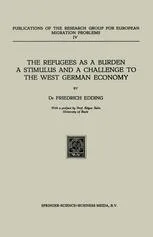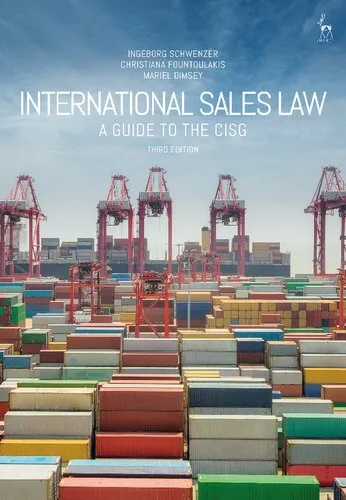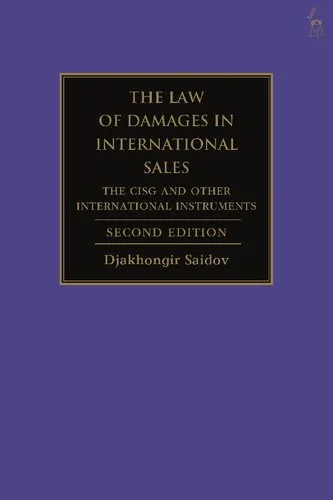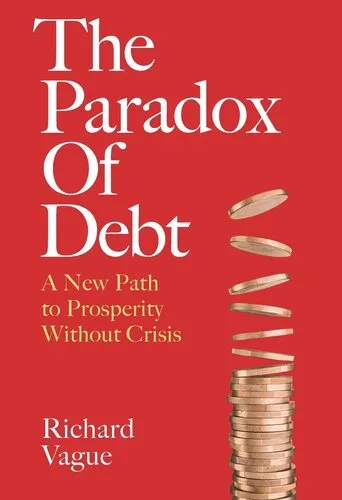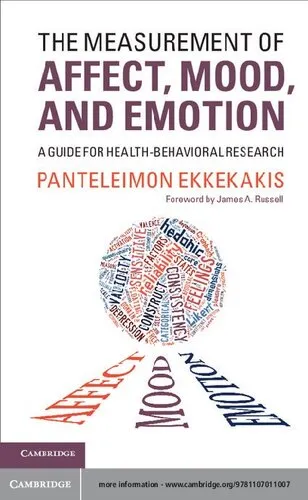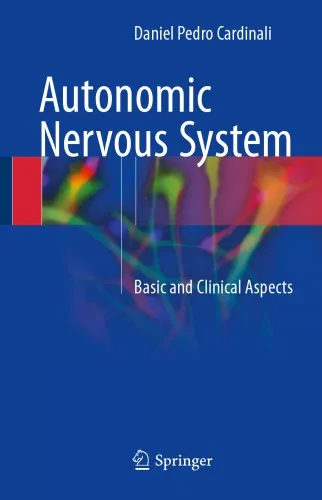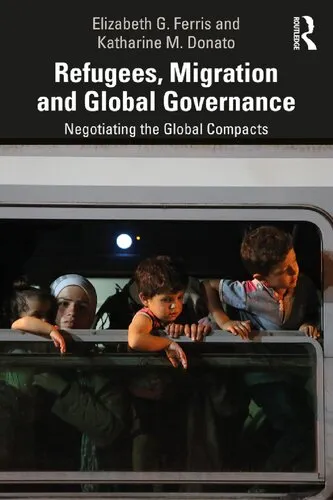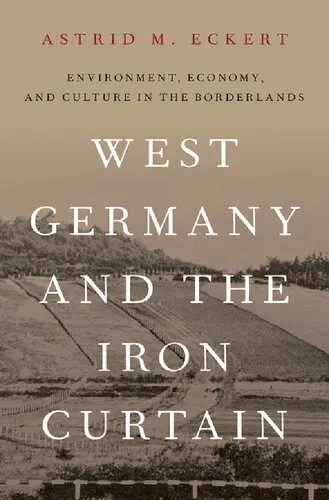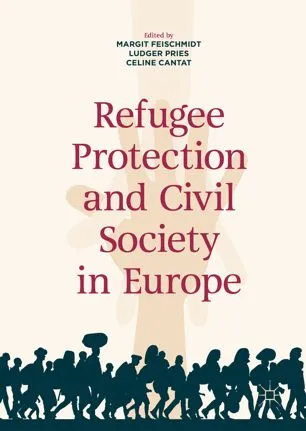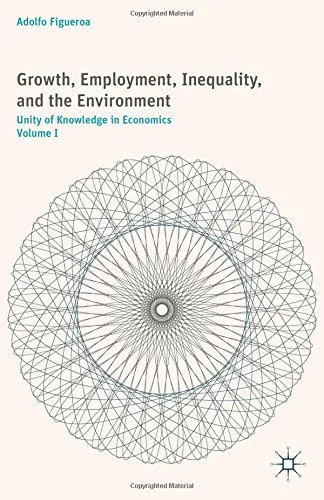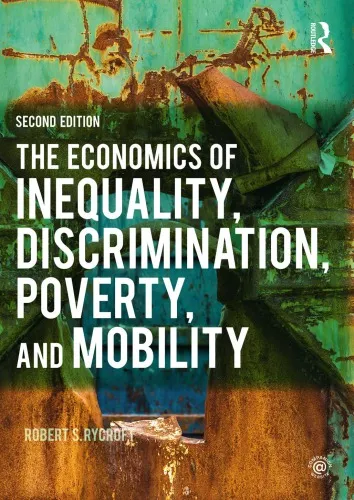The Refugees as a Burden a Stimulus, and a Challenge to the West German Economy
4.0
Reviews from our users

You Can Ask your questions from this book's AI after Login
Each download or ask from book AI costs 2 points. To earn more free points, please visit the Points Guide Page and complete some valuable actions.Related Refrences:
Introduction to "The Refugees as a Burden, a Stimulus, and a Challenge to the West German Economy"
Welcome to a comprehensive exploration of the multifaceted role refugees have played in shaping the economic landscape of post-war West Germany. This introduction outlines the critical perspectives and analyses presented in the book, aiming to shed light on the complex dynamics between refugees and the economic development of a nation emerging from the ruins of war.
Detailed Summary of the Book
The book delves into the profound impact of refugee influxes on West Germany's economy in the aftermath of World War II. It identifies three primary roles of refugees: as a burden, a stimulus, and a challenge. Initially, refugees were perceived as a burden due to their immediate needs for housing, employment, and integration into a recovering society. However, the text argues that this perception shifted as refugees began contributing to the labor market, filling critical gaps, and fostering economic growth.
Through meticulous research, the book illustrates how refugees became a stimulus by helping to rejuvenate industries and drive consumer demand. Their presence also spurred governmental and social changes, prompting new policies that facilitated economic revitalization. Moreover, the book examines the ongoing challenges posed by integrating a culturally diverse group into a homogenous society, which required balancing economic benefits with social cohesion.
The narrative is constructed through statistical data, case studies, and historical analyses, providing a balanced view of the multifaceted role refugees played in the economic transformation of West Germany. The book not only chronicles historical events but also offers insights into the broader implications of refugee movements on national economies.
Key Takeaways
- Refugees initially posed economic and logistical challenges, requiring urgent governmental and social intervention.
- Over time, refugees significantly contributed to economic recovery by joining the workforce and enhancing economic productivity.
- The integration of refugees highlighted the need for policies that balance economic benefits with social integration and cultural diversity.
- The experiences of West Germany offer valuable lessons for contemporary refugee situations around the world.
Famous Quotes from the Book
"Refugees bring both challenges and opportunities; how a nation seizes these opportunities defines its progress."
"In the ashes of war, the seeds of economic revival were sown by those who arrived with nothing but hope and resilience."
Why This Book Matters
This book is essential reading for economists, policymakers, historians, and anyone interested in the complex interplay between migration and economic development. It provides a historical lens through which the modern world can view current refugee crises and their potential impact on economies. By understanding the past, readers can glean insights into crafting policies that not only address immediate refugee needs but also harness their potential as catalysts for economic growth.
Moreover, the book challenges stereotypes and assumptions about refugees, advocating for a nuanced understanding of their roles in host countries. It urges modern societies to reconsider how refugees are viewed—not merely as burdens but as integral participants in economic systems capable of driving innovation and change.
Free Direct Download
You Can Download this book after Login
Accessing books through legal platforms and public libraries not only supports the rights of authors and publishers but also contributes to the sustainability of reading culture. Before downloading, please take a moment to consider these options.
Find this book on other platforms:
WorldCat helps you find books in libraries worldwide.
See ratings, reviews, and discussions on Goodreads.
Find and buy rare or used books on AbeBooks.
1435
بازدید4.0
امتیاز0
نظر98%
رضایتReviews:
4.0
Based on 0 users review
Questions & Answers
Ask questions about this book or help others by answering
No questions yet. Be the first to ask!
